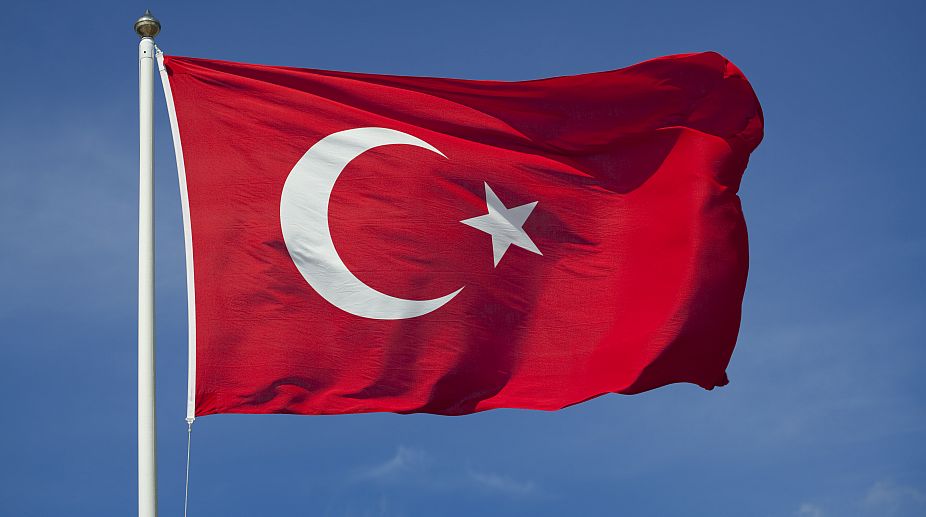As expected and to the consternation of many in the West, Turkey’s strongman Recip Tayyip Erdogan, has extended his grip on power with a largely expected victory in the country’s Presidential election, following the stutter that forced a run-off. He won comfortably over a joint Opposition candidate, Kemal Kilicdaroglu, who has termed the election “most unfair”. While the final tally shows that as many as 47.5 per cent of Turkey’s voters do not endorse Mr. Erdogan’s extreme nationalism, or indeed the way he has administered the country, a majority do support him.
Well might critics argue that Mr Kilicdaroglu was not offered a level playing field, or that the media felt compelled to pay disproportionate attention to Mr Erdogan. In the ultimate analysis though, and even if the margin was smaller than Mr. Erdogan might have preferred, voters have endorsed his vision of a Turkey that plays a bigger role in world affairs, indeed claims its place as a regional hegemon.
Advertisement
What might the implications of this victory be on global affairs? Under Mr. Erdogan, Turkey has had a troubled relationship with the West. For one, his belief in a multipolar world has seen the country become increasingly distant from both Washington and Brussels.
While Turkey is a member of the North Atlantic Treaty Organisation, Mr. Erdogan has consistently whipped up anti-Americanism within the country especially after an alleged coup attempt that targeted him in 2016.
Ankara’s ties with Moscow have grown warmer ever since Mr. Erdogan decided to procure the Russian S-400 surface to air missile defense system in 2017. Following the outbreak of the war in Ukraine, Mr. Ergodan has walked a careful line that saw Turkey sell military hardware to Kyiv while buying cheap Russian oil. Not surprisingly, Russian President Vladimir Putin was among the first to congratulate his “dear friend” on his victory.
Indeed, Mr. Ergodan, who recognizes Ukraine’s territorial integrity but refuses to endorse sanctions on Russia, is seen by many as one of a handful of global leaders who could actually broker peace between the two neighbours.
Certainly, Mr. Erdogan, who has repeatedly blocked Sweden’s application to join Nato, would like to play a key role in peace efforts, to cement his place in history. But at home, where he is already accepted as one of Turkey’s most significant leaders, he must contend with growing economic problems, which include runaway inflation and a currency that has lost significant value under his watch.
The country has yet to recover from the effects of a devastating earthquake, and discontent with his authoritarian style and growing corruption allegations against his party are reflected in the substantial numbers who voted against him. The fact that he is a deeply divisive leader is unlikely to detain Mr. Erdogan, though, for he will see in his victory affirmation that Turkey is prepared to pay the economic cost of his world view.
